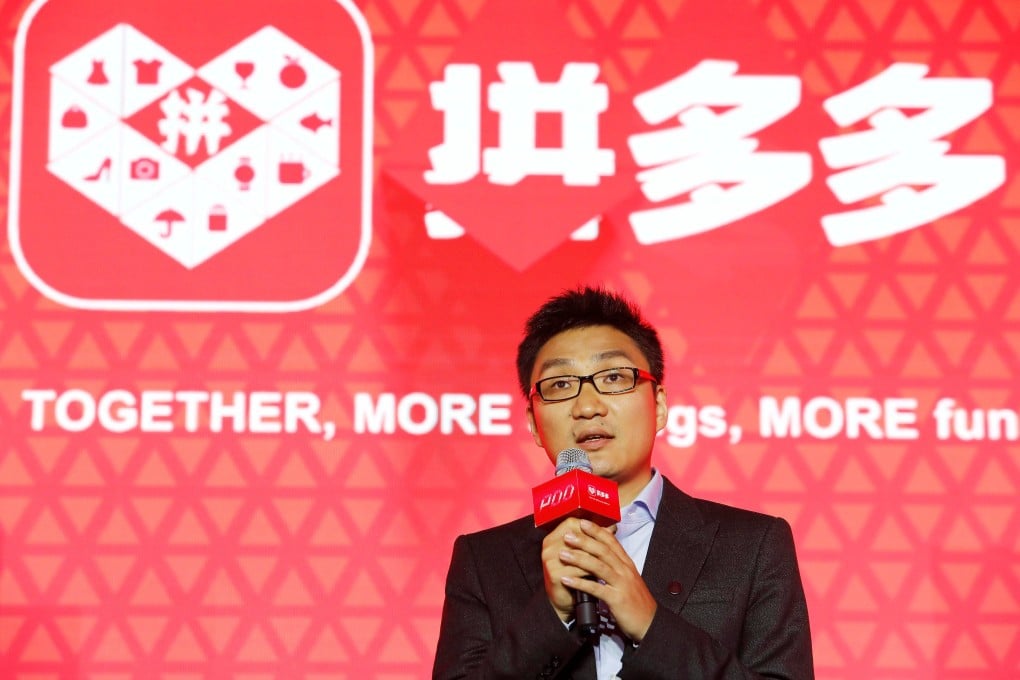Colin Huang takes another step back from Pinduoduo just when things are starting to take off
- Colin Huang’s new focus on scientific research aligns with Beijing’s political priorities, but it comes at a time of regulatory uncertainty for Big Tech
- Huang is joining an area critical to Pinduoduo’s continued success, as the company helps develop China’s rural economy

When Pinduoduo founder Colin Huang Zheng, 41, announced he was stepping down as chairman of the company he built into China’s most widely used e-commerce platform in just six years, it came as a shock to many. But the entrepreneur’s move into a new position in food and life sciences comes amid a regulatory crackdown on Big Tech even as Beijing pours more resources into research and development.
By the numbers, Pinduoduo has never looked stronger. Huang’s announcement came at the same time as Pinduoduo’s fourth-quarter earnings, which showed revenues up 146 per cent year on year. But the company has also been mired in controversy following criticisms of its demanding work culture last year and Beijing’s increasing scrutiny of disruptive business models from tech companies.
“Pinduoduo is already on the right track of steady development,” said Zhang Xiaorong, director of the think tank Beijing Cutting-Edge Technology Research Institute.
Huang’s departure is not likely to significantly impact company operations, according to Zhang, but it could change public perception, as happened with Apple after the death of its founder and CEO Steve Jobs. “The departure of the founder of a company can often lead to the public’s concerns about the company’s lack of motivation to innovate and expand in the future,” he said.